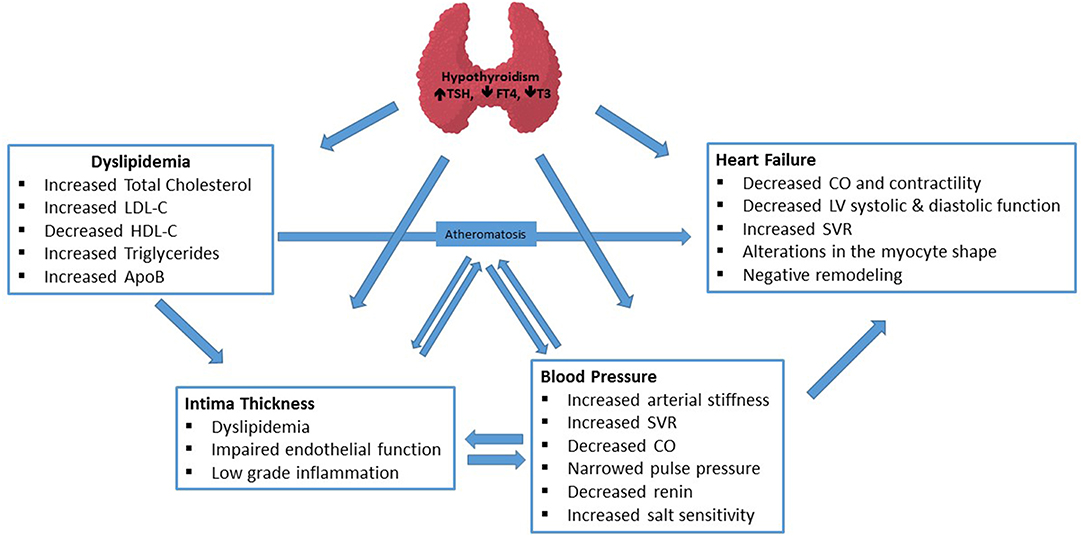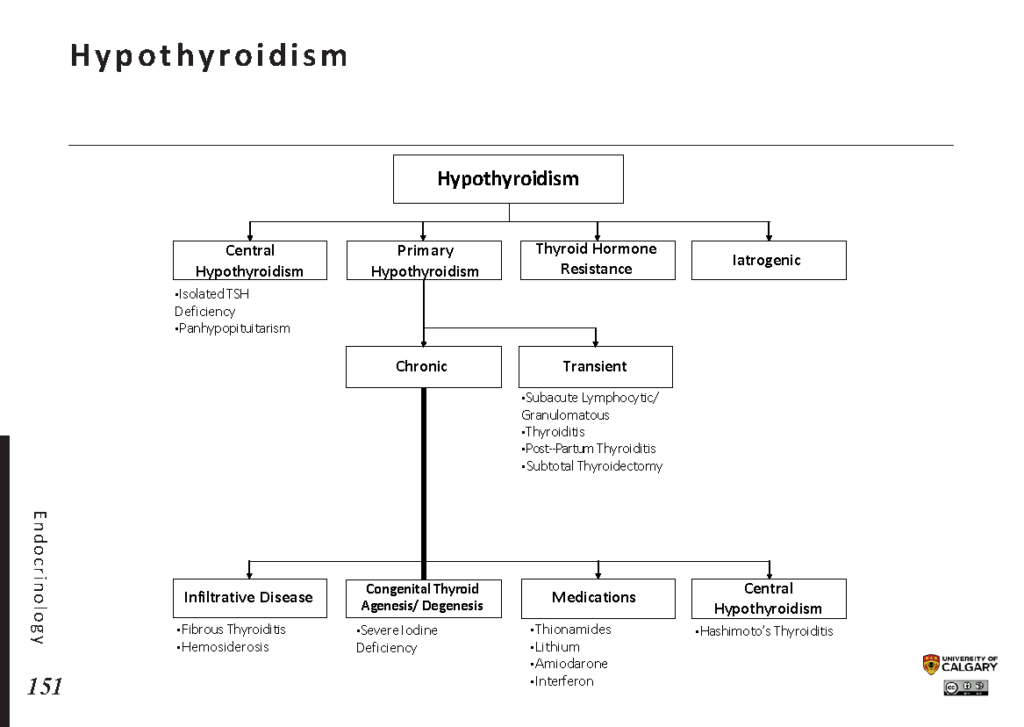Hypothyroidism, often abbreviated as HT, is a common medical condition that affects millions of people worldwide. It occurs when the thyroid gland does not produce enough thyroid hormones, which are essential for regulating metabolism, energy production, and overall bodily functions. This article delves into the causes, symptoms, and treatments of this condition to provide a comprehensive understanding of how it impacts health and well-being.

Understanding the Thyroid Gland
The thyroid gland is a small, butterfly-shaped organ located at the base of the neck. It plays a critical role in maintaining balance within the body by producing hormones such as thyroxine and triiodothyronine. These hormones influence various processes, including heart rate, digestion, muscle control, brain development, and bone maintenance. When the thyroid gland becomes underactive, it leads to hypothyroidism, disrupting these vital functions.
How Does Hypothyroidism Develop?
Hypothyroidism can arise from several underlying factors. Understanding its root causes is crucial for proper diagnosis and treatment. Below are some of the primary reasons why this condition develops:
- Autoimmune Disorders: One of the most common causes of hypothyroidism is Hashimoto’s thyroiditis. This autoimmune condition occurs when the immune system mistakenly attacks the thyroid gland, leading to inflammation and reduced hormone production.
- Iodine Deficiency: Iodine is an essential mineral required for the synthesis of thyroid hormones. A lack of iodine in the diet can result in an underactive thyroid, especially in regions where iodine-rich foods are scarce.
- Thyroid Surgery or Radiation Therapy: Individuals who undergo partial or complete removal of the thyroid gland due to cancer or other conditions may develop hypothyroidism. Similarly, radiation therapy targeting the neck area can damage the thyroid tissue, impairing its function.
- Certain Medications: Some medications used to treat psychiatric disorders, heart conditions, or cancer can interfere with thyroid hormone production. Lithium, for example, is known to contribute to thyroid dysfunction.
- Pituitary Gland Disorders: The pituitary gland produces thyroid-stimulating hormone, which signals the thyroid to release hormones. If the pituitary gland malfunctions, it can lead to insufficient stimulation of the thyroid, resulting in hypothyroidism.
Symptoms of Hypothyroidism
The symptoms of hypothyroidism can vary widely depending on the severity of the hormone deficiency. In many cases, they develop gradually over time, making them easy to overlook. Early detection is key to managing the condition effectively. Here are some of the most common signs and symptoms:
Physical Symptoms
- Fatigue: Persistent tiredness and low energy levels are hallmark symptoms of an underactive thyroid.
- Weight Gain: Many individuals with hypothyroidism experience unexplained weight gain despite no significant changes in diet or exercise habits.
- Cold Intolerance: Feeling unusually cold even in warm environments is a frequent complaint among those with this condition.
- Dry Skin and Hair: Reduced thyroid hormone levels can cause dry, brittle skin and hair loss.
- Muscle Weakness: Muscle aches, stiffness, and weakness are common, particularly in the arms and legs.
Mental and Emotional Symptoms
- Depression: Low thyroid hormone levels can affect mood, leading to feelings of sadness or hopelessness.
- Memory Problems: Cognitive difficulties, such as forgetfulness or trouble concentrating, may occur.
- Slowed Speech and Movement: Some individuals notice a decrease in their ability to think quickly or move with agility.
Other Symptoms
- Constipation: Digestive issues, including constipation, are frequently reported by people with hypothyroidism.
- Menstrual Irregularities: Women may experience heavier or irregular menstrual periods.
- Elevated Cholesterol Levels: High cholesterol is often linked to an underactive thyroid, as the hormones play a role in lipid metabolism.
Diagnosing Hypothyroidism
Diagnosing hypothyroidism typically involves a combination of clinical evaluation and laboratory tests. Healthcare providers assess symptoms, review medical history, and conduct blood tests to measure thyroid hormone levels. Two key indicators are:
- Thyroid-Stimulating Hormone (TSH): Elevated TSH levels suggest that the thyroid is not producing enough hormones.
- Free Thyroxine (T4): Low levels of free thyroxine confirm an underactive thyroid.
In some cases, additional tests may be necessary to identify the underlying cause of the condition, such as antibody testing for autoimmune disorders.
Treatment Options for Hypothyroidism
While hypothyroidism cannot be cured, it can be effectively managed with appropriate treatment. The goal of therapy is to restore normal hormone levels and alleviate symptoms. Below are the primary treatment approaches:
Hormone Replacement Therapy
The standard treatment for hypothyroidism is synthetic thyroid hormone replacement. Levothyroxine is the most commonly prescribed medication, designed to mimic the action of thyroxine. Patients take this oral medication daily, and dosage adjustments are made based on regular monitoring of thyroid hormone levels.
Key Considerations for Hormone Replacement Therapy
- Consistency: Taking the medication at the same time every day ensures stable hormone levels.
- Dietary Restrictions: Certain foods, supplements, and medications can interfere with levothyroxine absorption. For instance, calcium and iron supplements should be taken separately.
- Follow-Up Testing: Regular blood tests are essential to monitor hormone levels and adjust dosages as needed.
Lifestyle Modifications
In addition to medication, lifestyle changes can help manage symptoms and improve overall well-being. These include:
- Balanced Diet: Consuming a nutrient-rich diet that includes iodine, selenium, and zinc supports thyroid health.
- Regular Exercise: Physical activity helps combat fatigue, boosts energy levels, and aids in weight management.
- Stress Management: Techniques such as yoga, meditation, and deep breathing can reduce stress, which may exacerbate symptoms.
Alternative Therapies
Some individuals explore complementary therapies to support conventional treatment. While evidence supporting these methods is limited, they may offer additional benefits for certain patients:
- Herbal Supplements: Herbs like ashwagandha and guggul have been traditionally used to support thyroid function.
- Acupuncture: This ancient practice may help relieve symptoms such as fatigue and muscle pain.
- Dietary Adjustments: Eliminating gluten or adopting anti-inflammatory diets has shown promise for some individuals with autoimmune-related hypothyroidism.
Special Considerations
Certain populations require tailored approaches to managing hypothyroidism:
Pregnancy and Hypothyroidism
Untreated hypothyroidism during pregnancy can pose risks to both the mother and baby, including complications such as preeclampsia, premature birth, and developmental delays in the child. Pregnant women with hypothyroidism need close monitoring and careful adjustment of their medication dosage to ensure optimal thyroid hormone levels.
Hypothyroidism in Children
Children with hypothyroidism may exhibit different symptoms than adults, such as delayed growth, poor school performance, and behavioral issues. Early diagnosis and treatment are critical to prevent long-term consequences on physical and cognitive development.
Elderly Individuals
In older adults, hypothyroidism symptoms can overlap with age-related changes, making diagnosis challenging. Additionally, elderly patients may require lower doses of thyroid hormone replacement to avoid side effects such as heart problems.
Preventing Complications
If left untreated, hypothyroidism can lead to serious complications, including:
- Goiter: An enlarged thyroid gland caused by constant stimulation to produce more hormones.
- Heart Disease: Elevated cholesterol levels increase the risk of cardiovascular issues.
- Peripheral Neuropathy: Nerve damage resulting in pain, numbness, or tingling in the extremities.
- Mental Health Disorders: Severe cases of hypothyroidism can lead to depression or cognitive impairment.
Timely diagnosis and adherence to treatment plans are essential to minimize these risks and maintain quality of life.





